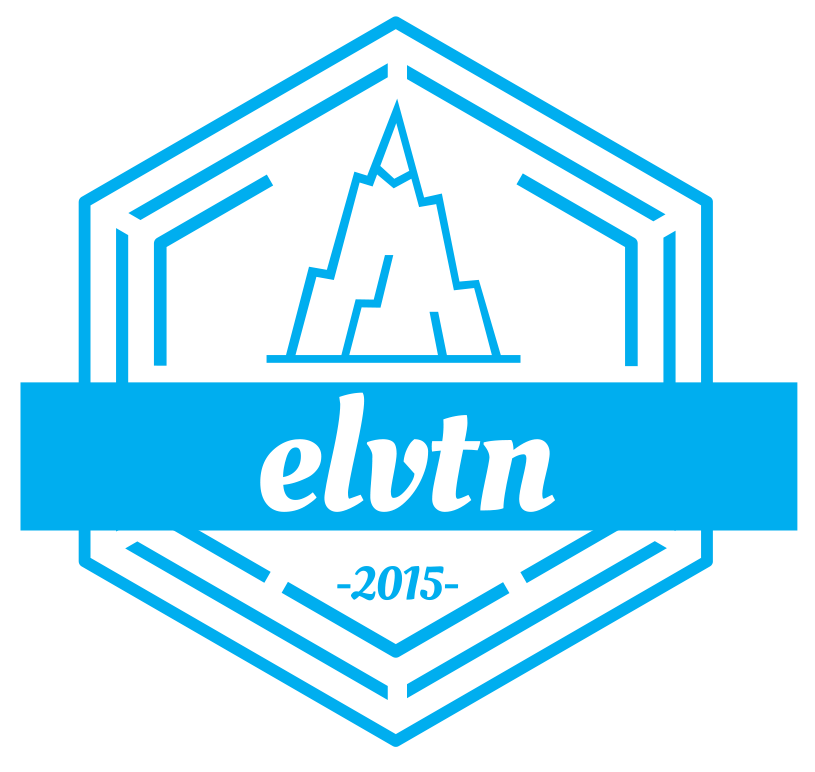Pressable Vs WPEngine
I’ve recently started moving a lot of my projects from GoDaddy and other traditional hosting providers to managed WordPress solutions. There two in particular that I really like and today I’ll do in depth comparison of them: Pressable vs WPEngine. Managed WordPress hosting platforms focus on one thing, and one thing only: WordPress. While other hosting solutions give you flexibility to use any CMS system (WordPress, Joomla, etc), a managed WordPress platform optimizes the WordPress experience. Below we’ll take a closer look and compare Pressable vs. WPEngine, and discuss the similarities of the two, and also where each one shines above the other.
Why I Love Managed WordPress Hosting
Managed WordPress hosting is a special type of web hosting that only does WordPress. Traditional hosting systems like GoDaddy, BlueHost, etc. provide flexibility to install of a lot of different tools, so they cannot really optimize any of them. A managed WordPress system, on the other hand, can focus solely on the core components of a WordPress site. Things like the web server (Apache, Nginx, etc), database (MySQL, MariaDB, etc), and PHP version. They can also manage more advanced features like caching, upgrades and patches, malware detection and removal, and more.
Pressable vs WPEngine: Pricing
Let’s start with the most important comparison: price. Pressable starts at $25/month for 5 installs, though the price drops to $20.83/month if you prepay for a year. Between all 5 installs you are limited to 60,000 page views, with additional page views costing TBD. On the higher end Pressable offers plans with 10 and 20 sites, and can also do custom plans for larger agencies. Pressable also offers a free 14 day trial period of any plan.
WPEngine’s intro plan is a single install limited to 25,000 visits that starts at $29/month. They also offer plans of 10 installs (limited to 100,000 combined visits) and 25 installs (limited to 400,000 combined visits). And of course, if you’re an agency they offer even bigger plans of 150 installs with 1,000,000 or more combined page views. Note that their smaller plans let you add an install for just $14.95. And all plans come with a 60 day money back guarantee.
The thing I like about the Pressable model is that, even if you’re a small business with a single site, having the extra installs can be nice. You can use one of them as a separate blog or internal only site using a sub-domain (for example, a company intranet). But what I really like is that you can use one of the additional sites for development work, say when you’re ready to upgrade your site. You can do all the new work completely separate from your production site, and then quickly migrate and activate the new site when the time comes. And if you’re a web developer like me, you can use the extra installs to build customer sites or test out bug fixes prior to promoting them to a live site.
Pressable vs WPEngine: Performance
The next most important comparison is performance. And in this area, I have found both services do really well, especially compared to traditional web hosting. Both Pressable and WPEngine offer HTTP/2 and PHP 7, though in one case I had to request an upgrade for WPEngine since not all their servers had been upgraded. Both also have integrated page caching, so there is no need to install and configure your own (in fact, don’t install your own when using either service as it will cause more harm than good).
There are some differences, too. Pressable plans all come with a CDN, which is activated automatically when you mark a site as as being in Production. This handles changing all of your image, CSS, and JavaScript links to point to their CDN servers so there are no DNS or other changes you have to worry about. WPEngine does offer a CDN, but it’s not included with their intro plan. However, you can easily configure a third party service like CloudFlare in these cases so you’re covered.
In general, I haven’t noticed any significant differences in page load time between any the Pressable and WPEngine sites I manage. All sites load relatively quick, under 3 seconds. Clearly that’s not very scientific, but the point is I haven’t noticed that one service far exceeds the other for similarly sized sites and traffic patterns.
Continue reading…








